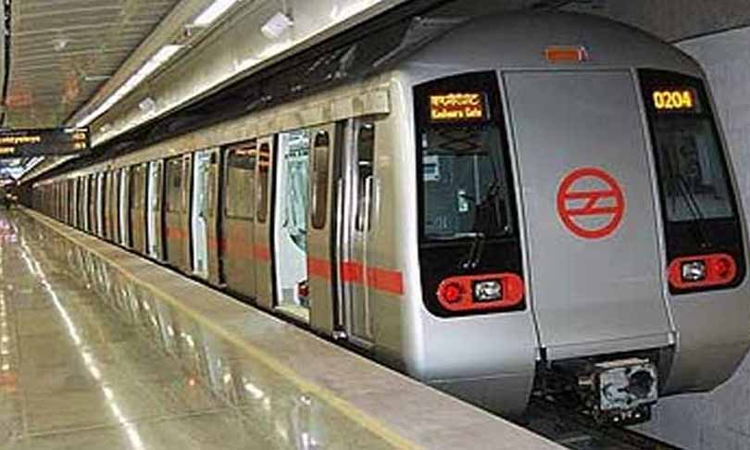The Supreme Court on Thursday (November 11) while hearing Delhi Metro Rail Corporation ("DMRC") interim application on felling of trees for phase IV expansion plan orally observed that although development could not be stalled but there was a need to balance the environment on one hand and development on the other hand.While the bench of Justices LN Rao, BR Gavai and BV Nagarathna was...

